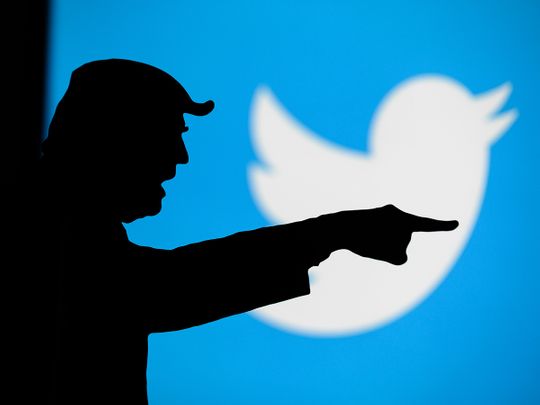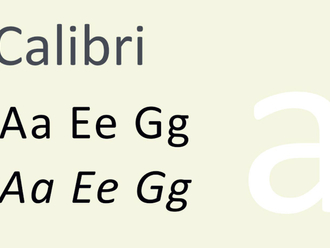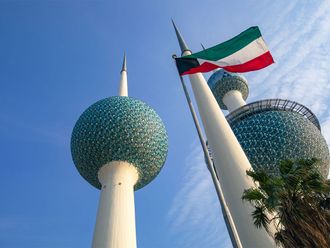
New York: Friends, family and advisors to Donald Trump have been bitterly complaining that Twitter's ban of the president after his supporters stormed the US Capitol amounts to an assault on free speech by radical leftists.
Ironically, given the enormous influence of the platform, they have aired their grievances first of all on ... Twitter - a choice underscoring the platform's huge readership and the relative paucity of alternatives.
"Free speech is dead & controlled by leftist overlords," tweeted Donald Trump Jr., the president's older son.
Asked Rudy Giuliani, the president's personal lawyer, "Who will be silenced next?"
And Mike Pompeo - posting not as secretary of state but on his personal account - tweeted: "Sadly, this isn't a new tactic of the Left. They've worked to silence opposing voices for years."
For influential Republican senator Ted Cruz, the decisions by Twitter and some other social media were "absurd & profoundly dangerous."
"Why," he went on, "should a handful of Silicon Valley billionaires have a monopoly on political speech?"
Every one of the above messages was posted on Twitter, the social network that for years has been Trump's preferred means of communicating with the public - and sometimes even with other world leaders.
But on Friday, amid widespread fury after he encouraged the supporters who forced their way into the US Capitol in a bloody and chaotic melee, Twitter banned him permanently.
It was taking the rare measure, it said, "due to the risk of further incitement of violence."
Facebook, Instagram, Snapchat and Twitch joined in suspending the president's accounts.
Reddit, a news and discussion website that is normally fairly permissive, on Friday closed a forum popular with Trump fans, saying it was inciting hate.
The question now is where Trump and his supporters will turn next.
Donald Trump Jr., himself fearing exclusion from Twitter, has asked his followers to send him their email contacts - hardly the most reactive form of communications - so he can keep them abreast of news.
A new platform?
In a quickly deleted tweet, the president himself on Friday spoke of creating his own platform "in the near future," without providing any detail.
Conservative platforms popular among Trump's fiercest supporters, like Parler and Gab, have drawn growing numbers of users.
Gab saw "record traffic" on Friday night and Saturday, according to its creator Andrew Torba, and had to add computer servers to handle it.
He reported 12 million visits in 12 hours, adding, "Exploding growth right now."
Launched in 2016, Gab positions itself as a platform promoting "freedom of expression" but has become known above all for its far-right - even neo-Nazi - user base.
In 2018, when an assault on a Pittsburgh synagogue claimed 11 lives, investigators discovered earlier anti-Semitic posts by the shooter on Gab.
Several companies have banned Gab, including PayPal, Visa and the Apple and Google app stores.
Parler, for its part, briefly became the top free app in Apple's App Store on Saturday - until Apple removed it for allowing "threats of violence." It had been taken down from the Google app store one day earlier.
More broadly it has slipped from its position as a preferred platform of the far-right fringe, as it was when it launched in 2018.
It now draws more traditional conservative voices, like those of Fox News star and close Trump ally Sean Hannity, as well as the Republican governor of South Dakota, Kristi Noem.
Another Parler regular, influential political commentator Mark Levin, said Friday he had "suspended" his own Twitter account "in protest against Twitter's fascism." He asked his followers to join him on Parler.
Levin also mentioned his account on Rumble, a site which, like YouTube, broadcasts videos but promises its users they will "never be censored for political or scientific content."
Yet, all these alternative platforms are so closely identified with the right - even the extreme right - that, especially as tech companies move against them, they seem unlikely ever to draw followings like Trump's 88 million Twitter followers.








